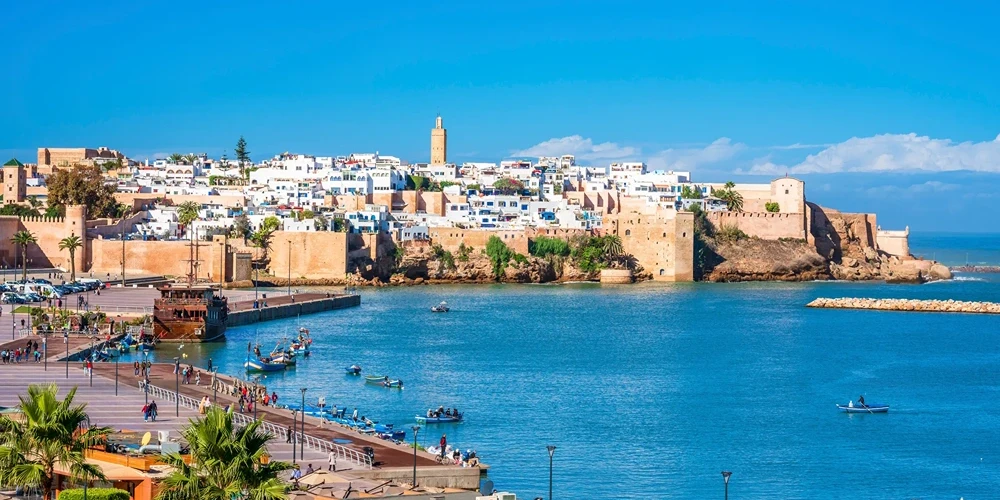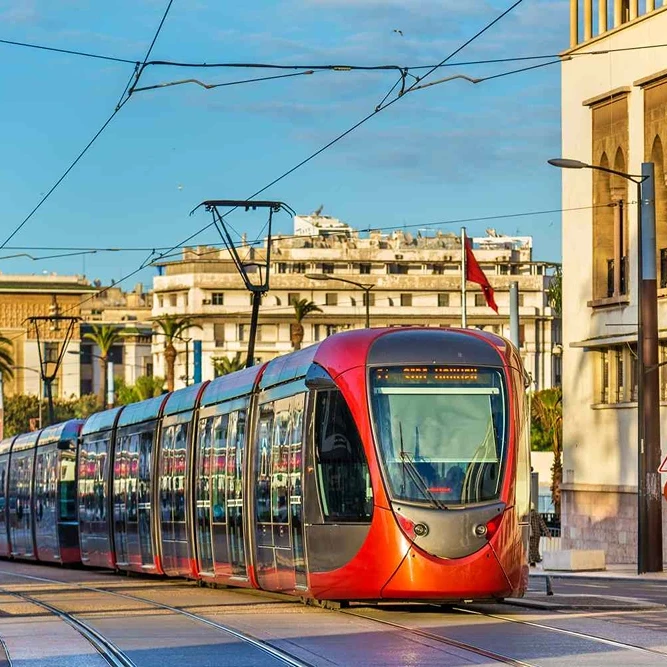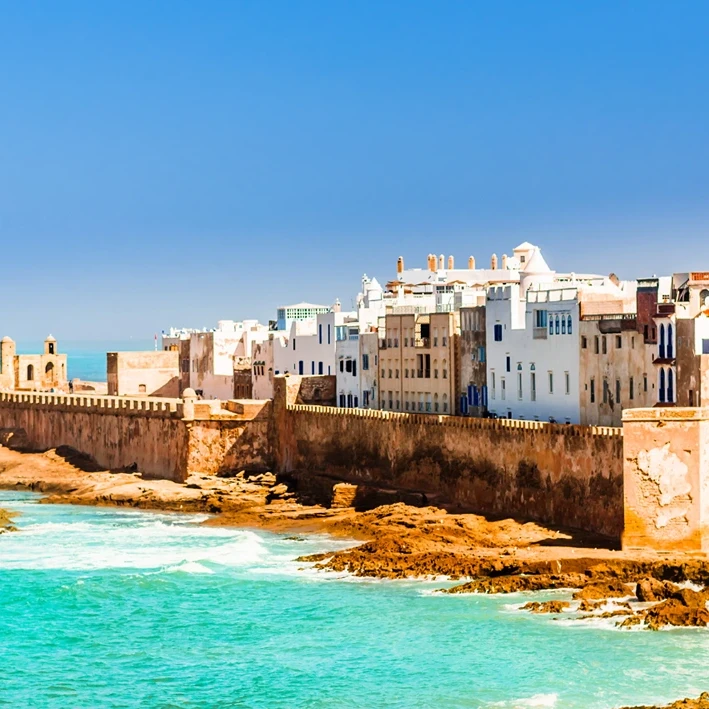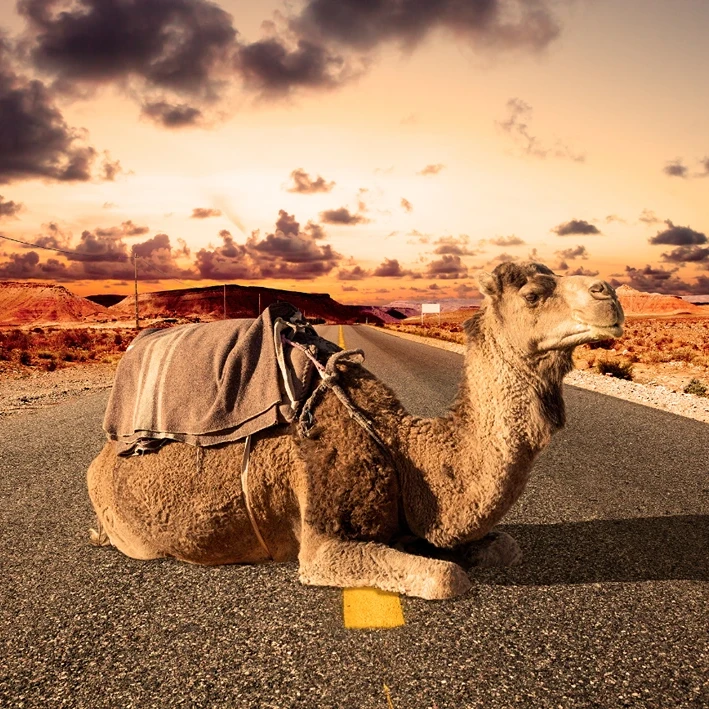Ready to hit the open road and experience Morocco like never before? Morocco’s scenic drives offer some of the most breathtaking landscapes on the planet, from the rugged Atlas Mountains to the serene coastal routes. Each road tells its own story, blending culture, nature, and adventure into an unforgettable journey. This guide will take you through the best road trips in Morocco, showcasing picturesque views and unique experiences that await you at every turn. Buckle up and discover the magic of Morocco from the driver’s seat!
Table of Contents
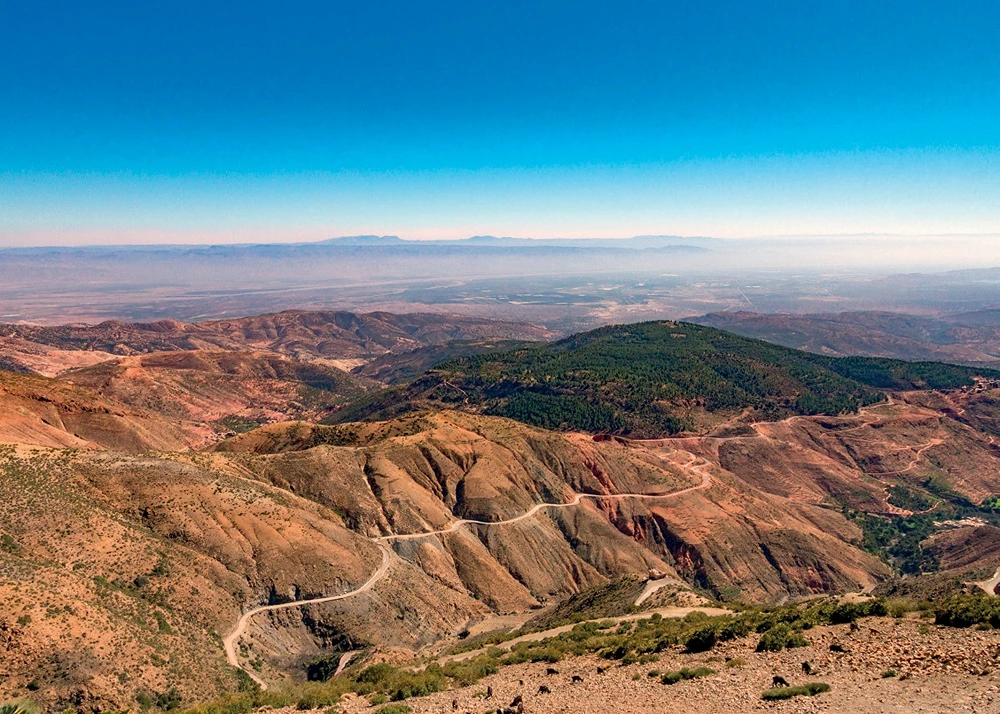
Scenic Drives in Morocco
Scenic drives in Morocco are immensely popular for their breathtaking views and unique landscapes. These routes offer travelers a chance to experience the country’s diverse topography, from coastal roads to mountain passes. Whether you’re navigating through the High Atlas Mountains or cruising along the Atlantic coast, each drive provides a distinct and memorable experience. The allure of these drives lies in the remote vistas, winding roads, and picturesque stops that make them highly sought after by both locals and tourists.
Top 5 Scenic Drives in Morocco:
- Tizi N’ Test Pass: Offers remote views and a unique experience in the High Atlas Mountains.
- Dadès Gorge: A drive through the Atlas Range featuring impressive gorges.
- Valley of Roses: Famous for its lush landscapes and rose fields.
- Agadir to Essaouira: A coastal route with numerous scenic stops and ocean views.
- Marrakech to Imlil: A drive through varied landscapes, ending in a picturesque mountain village.
The variety of landscapes covered by these scenic drives is astounding. From the arid beauty of the Dadès Gorge to the lush greenery of the Valley of Roses, each route offers a different slice of Moroccan natural beauty. Coastal drives like Agadir to Essaouira provide stunning ocean views and opportunities to explore charming seaside towns. In contrast, mountain routes like the Tizi N’ Test Pass offer remote, serene vistas that are hard to find elsewhere.
Top Road Trips in Morocco
Moroccan road trips offer a unique blend of cultural immersion, stunning landscapes, and historical exploration. The appeal lies in the diversity of experiences, from the bustling souks of Marrakech to the serene deserts of Merzouga. Road trips in Morocco provide an opportunity to traverse the country’s varied terrains, offering travelers a glimpse into its rich heritage and natural beauty. Whether it’s a short journey or an extensive expedition, these trips are bound to create unforgettable memories.
| Road Trip | Highlights |
|---|---|
| Marrakech to Merzouga | Desert landscapes, camel rides, and traditional Berber camps |
| Fez to Chefchaouen | Blue-washed streets of Chefchaouen, Rif Mountains, and local crafts |
| Casablanca to Essaouira | Atlantic coastline, historic medinas, and seafood markets |
| Meknes to Fes | Roman ruins of Volubilis, imperial cities, and traditional Moroccan cuisine |
| Ouarzazate to M’hamid | Sahara desert, ancient kasbahs, and cinematic landscapes |
The diversity of experiences offered by these road trips is unparalleled. From the desert adventures of the Marrakech to Merzouga route to the historic exploration on the Meknes to Fes journey, each trip has its unique charm. Coastal drives like the Casablanca to Essaouira route offer scenic ocean vistas and delicious seafood, while mountain routes such as Fez to Chefchaouen provide breathtaking views and cultural richness. These varied experiences ensure that every traveler finds something that resonates with their sense of adventure and curiosity.
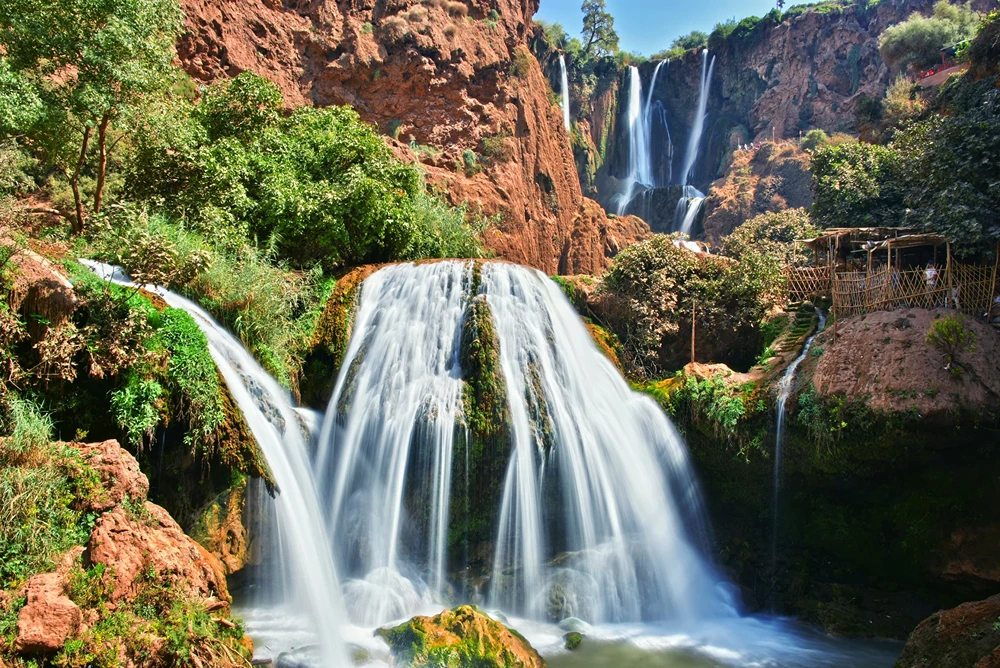
Detailed Moroccan Road Trip Itineraries
Planning a detailed itinerary is crucial for maximizing the experience of a Moroccan road trip. A well-structured plan aids in navigating the diverse landscapes, historic sites, and cultural treasures that Morocco offers. With meticulous planning, travelers can ensure they capture the essence of each destination, making the journey both efficient and enjoyable.
9-Day Itinerary
A 9-day itinerary provides a comprehensive overview of Morocco’s varied attractions. Starting in Marrakech, travelers can explore Ouzoud Waterfalls, move to the bustling city of Casablanca, and then immerse in the blue hues of Chefchaouen. The journey continues to Fes, known for its historical richness, then to the desert landscapes of Merzouga. Stops in Tinghir, Dades Gorge, and Ait Ben Haddou round off this extensive and diverse road trip.
Marrakech to Merzouga
The trip from Marrakech to Merzouga is perfect for those seeking desert adventures. Starting in the vibrant city of Marrakech, the route takes you through the High Atlas Mountains, offering scenic views and cultural encounters. The journey culminates in Merzouga, where travelers can experience camel rides and stay in traditional Berber camps under the starlit desert sky.
Fez to Chefchaouen From Arabian Wanderess
This itinerary from Fez to Chefchaouen, inspired by Arabian Wanderess, highlights the northern beauty of Morocco. The route covers approximately 210 km, taking travelers through the picturesque Rif Mountains. Chefchaouen is famed for its blue-washed streets, offering a serene and photogenic destination. The journey also allows for numerous stops to appreciate local crafts and mountain vistas.
Ouarzazate to M’hamid From Where in the World is Nina
The route from Ouarzazate to M’hamid, as detailed by Where in the World is Nina, offers a cinematic landscape and deep desert experience. Starting in Ouarzazate, known as the gateway to the Sahara, the trip passes ancient kasbahs and leads into the vast dunes of M’hamid. This journey is ideal for adventurers seeking remote, less-traveled paths.
Key Destinations for Any Moroccan Road Trip:
- Marrakech
- Ouzoud Waterfalls
- Casablanca
- Chefchaouen
- Fes
- Merzouga
- Ait Ben Haddou
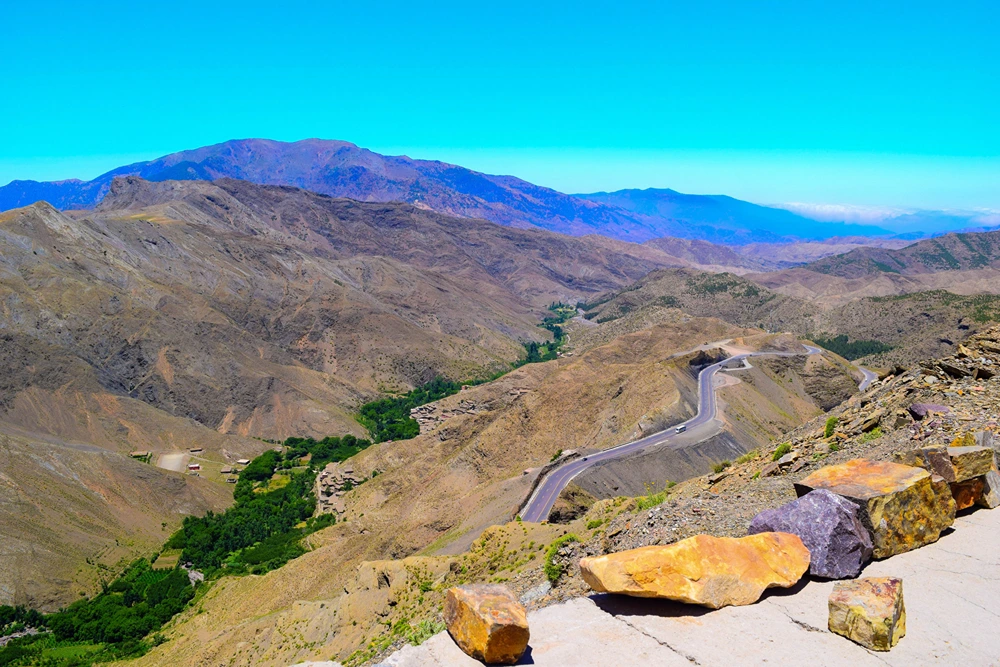
Essential Tips for a Moroccan Road Trip
Preparation and local knowledge are key to a successful road trip in Morocco. Additionally, understanding money and costs for Morocco can help you budget your trip more effectively. Knowing the average costs for accommodation, food, and fuel will ensure you are financially prepared for your adventure. Understanding the local driving norms, road conditions, and language can make a significant difference in your travel experience. Additionally, being aware of the visa requirements for Morocco is crucial for a hassle-free trip. Ensure you have the necessary documentation to avoid any travel disruptions. Being well-prepared ensures not only a smoother journey but also a safer and more enjoyable one. Having some basic French phrases at your disposal can be incredibly useful, especially during interactions with local authorities or in rural areas where English might not be widely spoken.
Crucial Tips for Driving in Morocco:
- Car Rental Negotiation: Always negotiate car rental prices directly at the airport to avoid high insurance fees.
- Police Stops: Police stops are common. Remain calm and speak French if possible to facilitate smoother interactions.
- Navigation Tools: Use Google Maps or Waze for effective navigation and to avoid getting lost.
- Road Conditions: Be aware that road conditions can vary greatly. Exercise caution, especially on mountain roads and in rural areas.
- Fuel Stations: Fuel stations can be sparse in remote areas. Ensure your tank is full before setting out on long drives.
Using local travel apps and resources can greatly enhance your road trip experience in Morocco. Apps like Google Maps and Waze not only help with navigation but also provide real-time traffic updates, which can be crucial for avoiding delays. Additionally, these apps often highlight nearby amenities such as fuel stations, restaurants, and rest stops. Leveraging these tools ensures a more efficient journey and helps you make the most of your time exploring Morocco’s diverse landscapes.
Best Times to Embark on a Moroccan Road Trip
Understanding the seasonal weather in Morocco is essential for planning a successful road trip. The best time for a road trip is after late April when the weather becomes warm, and roads clear of winter snow and ice. Springtime offers blooming landscapes and moderate temperatures, making it ideal for both coastal and inland routes. Summer, while hot, is perfect for higher elevations like the journey from Marrakech to Imlil. Fall provides another window of opportunity with cooling temperatures and fewer tourists.
| Season | Conditions |
|---|---|
| Spring (March-May) | Blooming landscapes, moderate temperatures, clear roads |
| Summer (June-August) | Hot temperatures, best for high elevations, longer daylight hours |
| Fall (September-November) | Cooling temperatures, fewer tourists, good road conditions |
| Winter (December-February) | Cold in higher elevations, potential snow and ice, less ideal for road trips |
These seasonal conditions significantly influence road trip experiences in Morocco. Spring and fall are the most favorable times, offering pleasant weather and stunning scenery. Summer allows for exploration of mountainous regions without the discomfort of extreme heat. Winter, however, poses challenges with cold weather and potential snow, making some routes less accessible. By aligning travel plans with these seasonal insights, travelers can maximize their enjoyment and safety during their Moroccan road trip adventures. To ensure you choose the optimal season for your journey, check out the best time to travel to Morocco. This guide provides detailed information on weather patterns and tourist seasons, helping you plan the perfect trip.
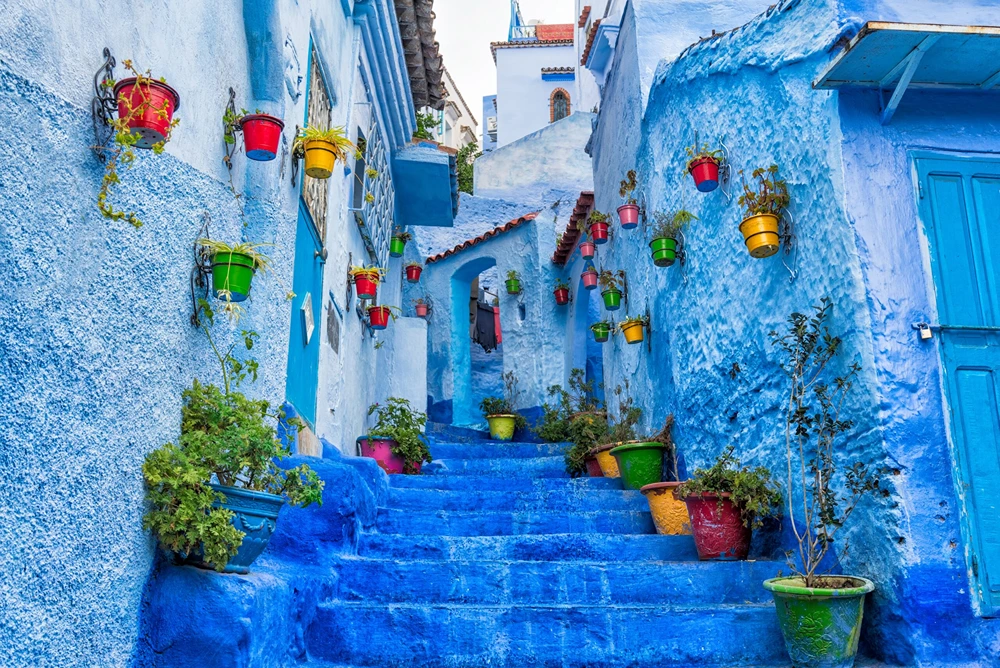
Cultural and Historical Sites on Moroccan Road Trips
Exploring cultural and historical sites is a fundamental aspect of any Moroccan road trip. The country’s rich history and diverse cultural tapestry are reflected in its ancient cities, architectural marvels, and traditional practices. Road trips provide an excellent opportunity to delve into Morocco’s storied past, offering travelers a deeper understanding of the nation’s heritage. These journeys take you through time, showcasing the blend of Berber, Arab, and European influences that have shaped Morocco over centuries.
Must-Visit Historical Sites in Morocco:
- Ait Benhaddou: A UNESCO World Heritage site, this fortified village is known for its stunning earthen architecture and has been featured in films like Game of Thrones.
- Volubilis: Home to well-preserved Roman ruins, Volubilis offers a glimpse into ancient Roman life in North Africa.
- Meknes: An imperial city with grand gates, palaces, and the famed Mausoleum of Moulay Ismail.
- Fes: Known for its medieval medina, Fes is a labyrinth of narrow streets, historic mosques, and madrasas.
- Chefchaouen: While famous for its blue-washed buildings, this city also boasts a rich history and cultural heritage.
The cultural richness of Moroccan road trips cannot be overstated. Each destination, from the ancient ruins of Volubilis to the medieval streets of Fes, offers a unique window into Morocco’s past. The journey from Meknes to Fes, for instance, not only treats travelers to historic sites but also to traditional Moroccan cuisine, further enriching the experience. Whether you’re exploring the cinematic landscapes of Ait Benhaddou or the serene beauty of Chefchaouen, these road trips provide a profound connection to Morocco’s historical and cultural legacy.
Local Cuisine and Food Stops in Morocco
Morocco’s culinary landscape is as varied and rich as its geography. Traveling through the country offers an opportunity to savor a wide array of traditional dishes and local delicacies. From bustling markets in Marrakech to cozy mountain lounges in Chefchaouen, each region has its unique flavors and specialties. The country’s cuisine reflects a blend of Berber, Arab, and French influences, making it a gastronomic paradise for food lovers. Road trips through Morocco are not just about scenic views and historic sites, but also about indulging in the culinary delights that each destination offers.
Top 5 Food Stops in Morocco:
- Fez: Known for its traditional meals and the Chouara tanneries, Fez is a must-visit for food enthusiasts. Don’t miss the opportunity to try dishes like pastilla and harira in the medina.
- Marrakech: The local markets, especially Jemaa el-Fnaa, are perfect for sampling a variety of traditional dishes like tagine, couscous, and freshly squeezed orange juice.
- Chefchaouen: With its stunning mountain views, Chefchaouen offers unique dining experiences. Dar Zambra is a notable spot for relaxing and enjoying local cuisine.
- Essaouira: This coastal town is famous for its seafood. Head to the fish market for freshly caught fish and shellfish, grilled to perfection right in front of you.
- Rabat: The capital city offers a mix of traditional and modern dining experiences. The Oudayas Kasbah area is renowned for its charming cafes and traditional Moroccan dishes.
The fusion of culinary experiences with travel in Morocco creates a journey that delights all senses. Each stop on a Moroccan road trip provides a chance to engage with the local culture through its food. From the aromatic spices of Marrakech to the fresh seafood of Essaouira, the culinary diversity enhances the overall travel experience, making each meal a memorable part of the journey.
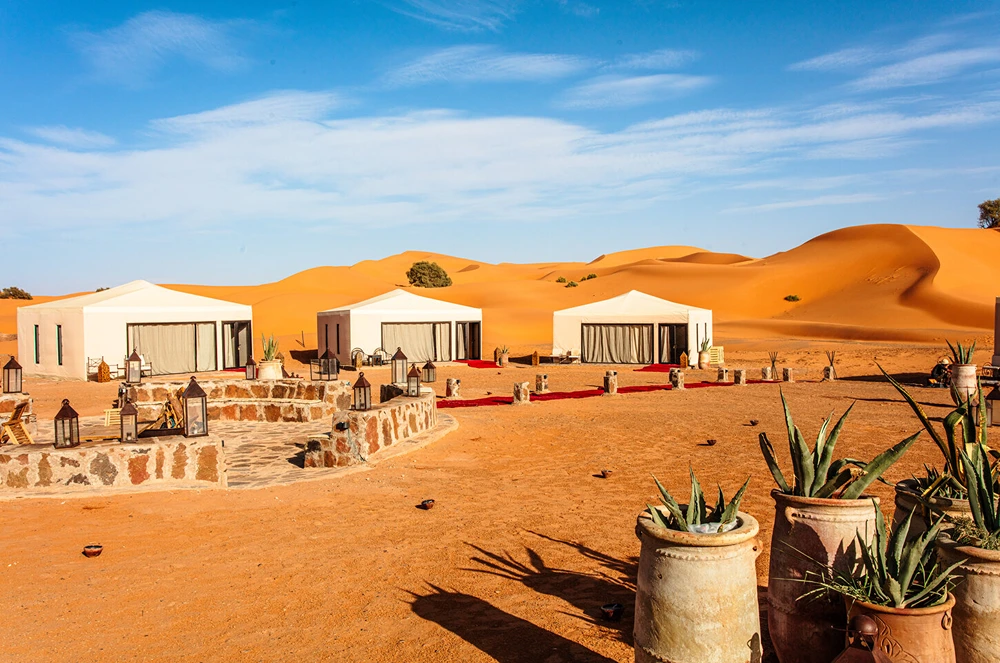
Final Words
Exploring Morocco by road unveils an array of scenic drives, from the high passes in the Atlas Mountains to coastal routes offering oceanic vistas.
Top road trips cover diverse terrains and destinations, enriching the travel experience through unique landscapes and cultural encounters.
For a well-rounded journey, detailed itineraries and essential travel tips are crucial.
Timing your trip correctly ensures safe and pleasant travel conditions.
Discovering cultural and historical sites, coupled with indulging in local cuisine, makes road trips in Morocco unforgettable.
Embarking on the best road trips in Morocco offers an adventure filled with beauty, history, and flavor.
FAQ
Hazel Wall is a passionate traveler, writer, and explorer dedicated to sharing her experiences and insights with fellow adventurers. With a background in journalism and a deep love for discovering new cultures, Hazel has journeyed across continents, immersing herself in diverse landscapes and traditions.


